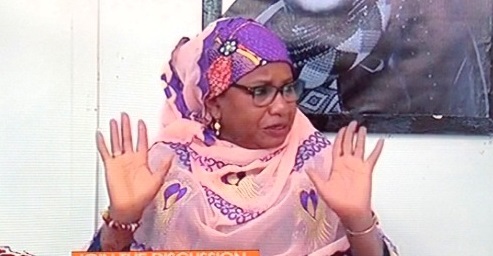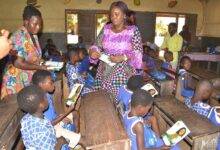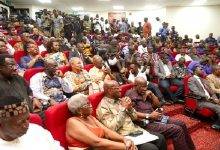
The former chairperson of the Convention People’s Party (CPP), Hajia Hamdatu Ibrahim, has described women’s representation in parliament as a key democratic function necessary to strengthen and deepen the tenets of good governance and rule of law in the country.
“To build a strong and sustainable democratic dispensation, women must be encouraged, empowered, assisted and supported through the political structures backed with a solid dedicated, determination and commitment from the political parties to ensure that women contest and win parliamentary seats,” she affirmed.
Hajia Ibrahim stated this at the gender advocacy platform roll-out to engage prominent gender advocates and women from all spheres to address gender issues on the 2022 International Women’s Day’s global theme: ‘Gender Equality Today for a Sustainable Tomorrow’.
She noted that there was sufficient reasonable evidence supporting the assertion that women had the potential to perform extremely well at whatever level and indicated that women’s participation in politics helps advance gender equality and affected both the range of policy issues that get considered and the types of solution that are proposed.
“There is strong evidence that as more women are elected to office, there is a corollary increase in policymaking that emphasises quality of life and reflects the priorities of families, women, ethnic and racial minorities.
“Women’s political participation results in tangible gains for democracy including greater responsiveness to citizen needs, increased cooperation across party, ethnic lines, for a sustainable future, gender stereotypes undermine women’s roles in public life and the norms that keep women out of politics also shape how people vote and how women should spend their time and behave,” Hajia Ibrahim observed.
She decried situations generating practical constraints to their participation in public and political life and implored all political parties and stakeholders to adopt a proactive approach that tackles the underlying and interconnected barriers that women face in getting nominated for elected office and conducting a successful campaign. -GNA







